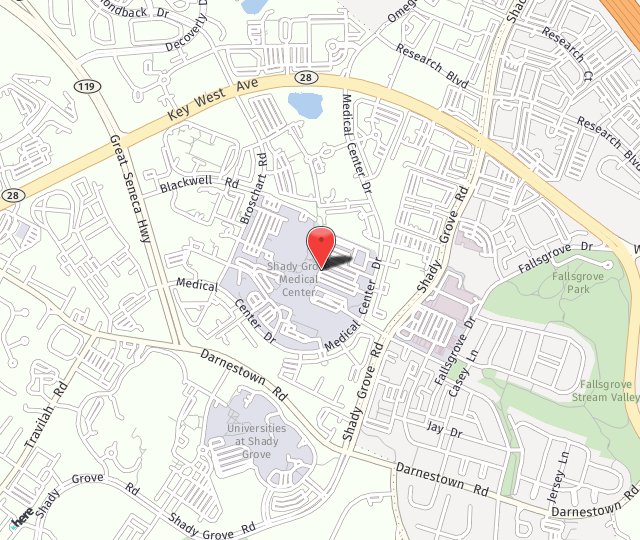Couples are considered to have infertility problems if they have been unable to conceive after a prolonged period, usually a year, of regular, unprotected sexual intercourse. Infertility may be attributed to the man, the woman, or both partners. When a female cause of infertility is determined, which occurs about one-third of the time, there are many measures that can be taken to help the couple conceive. Single women who are having trouble becoming pregnant may also seek medical evaluation.
Risk Factors for Female Infertility
Women may be at increased risk of infertility if they:
- Menstruate irregularly or not at all
- Are older than 40 years of age
- Have undergone cancer treatments
- Have had more than one miscarriage
- Exercise excessively or have an eating disorder
- Are extremely obese
- Smoke or drink alcohol to excess
Some women may want to be evaluated for infertility because they are already aware of an underlying anatomical anomaly or disease condition preventing conception.
Causes of Female Infertility
Female infertility may have a number of causes. Although the cause in a particular case may remain unknown, the following are possible reasons a woman may have trouble conceiving:
- Ovulation disorders, endometriosis, or pelvic adhesions
- Certain medications
- Uterine fibroids
- Damage to, or blockage of, the fallopian tubes
- Early menopause (before 40 years of age)
- Thyroid disorders, celiac disease or diabetes
- Cancer or cancer treatment
- Congenital or other disorders of the reproductive tract
Fallopian tube blockage is frequently the result of pelvic inflammatory disease, usually caused by a sexually transmitted disease.
Diagnosis of Female Infertility
In order to determine the cause of female infertility, the patient may undergo blood tests, urinalysis, and imaging tests to check or monitor:
- Reproductive hormone levels
- Ovulation
- Anatomy of reproductive organs
These tests may include an MRI scan, an ultrasound, or a hysterosalpingography. The last is a series of X-rays of the uterus and fallopian tubes using ultrasound guidance and contrast dye.
Treatment of Female Infertility
Treatment for female infertility is designed to maximize the fertility potential and allow for successful conception. Depending on the determined cause of female infertility, recommendations for increasing fertility may include:
- Lifestyle changes, such as smoking cessation, alcohol avoidance
- Prescription of fertility drugs to induce ovulation
- Surgery to repair blocked or damaged fallopian tubes
- Surgery to correct uterine problems
- Administration of prescribed hormones
Intrauterine insemination may also be performed to assist with pregnancy. In this procedure, a large number of healthy sperm are implanted directly into the uterus at the time of ovulation.
If these infertility treatments are unsuccessful, other options for women with fertility problems include assisted reproductive technology (ART), such as in vitro fertilization, the use of donor eggs or the assistance of a traditional or gestational surrogate. Because ART potentially involves medical, emotional, financial, and legal complications, women or couples considering such intervention are advised to undergo counseling before proceeding.


